Tesla has established a data center in China for localized data storage, and all data generated from its vehicles sold in the Chinese mainland market will be stored within China, the electric carmaker said in a post on its official Weibo account on Monday.
Tesla released the post in response to the recent online discussions about its vehicles' "sentry mode". The mode uses the vehicle's external cameras in addition to vehicle sensors to detect a security event while parked, according to Tesla's website.
An airport in Yueyang, Hunan province, imposed a ban on Tesla vehicles accessing public parking zones due to apprehension about potential security vulnerabilities linked to Tesla's sentry mode.
The ban was based on concerns that Tesla cars record the vehicle's surroundings once the driver has left.
A service worker at the airport said that the ban applied to everyone, including airport employees, and that "many places have a similar rule".
Tesla said in the post that sentry mode, called "guard mode" by some other automakers, is an intelligent security feature that is a standard configuration in mainstream smart vehicles and is not exclusive to Tesla. When Tesla vehicles leave the factory, this feature is turned off by default and requires the owner to manually activate it.
Once sentry mode is activated and the vehicle is locked and in "park mode", the system will send an alert to the owner and record suspicious activities around the vehicle if any potential threats such as damage or vehicle theft are detected.
The post also mentioned that unlike some vehicles that can remotely view their surroundings through such a mode, the data from Tesla vehicles is only stored offline on the in-car USB device. Neither the owner nor Tesla can access this data remotely.
It also reiterated its commitment to regulatory compliance and data privacy, stating that since the collaborative release of the trial version of the Regulations on the Management of Automotive Data Security in October 2021, Tesla has actively engaged in regulatory compliance pilot programs in partnership with relevant government agencies.









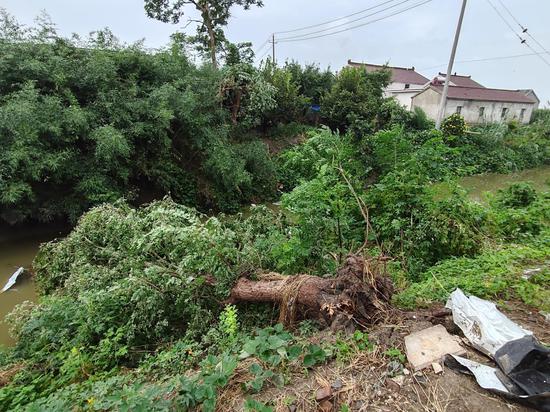

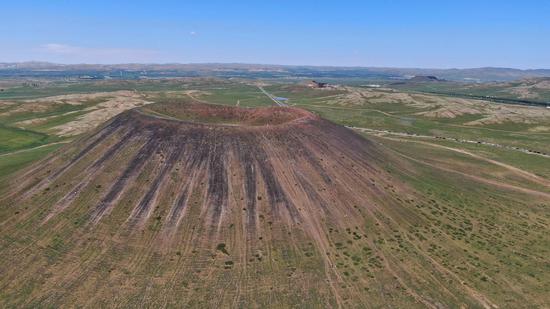









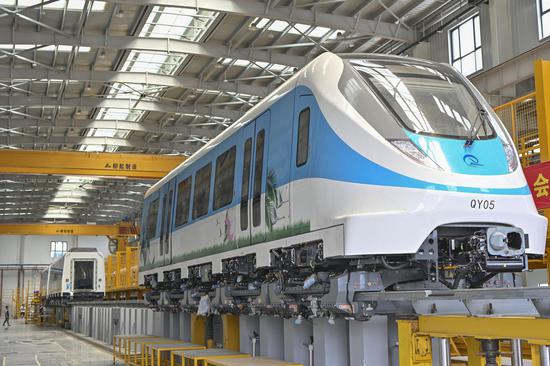


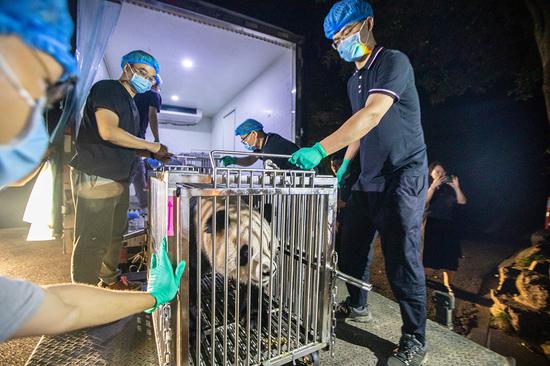

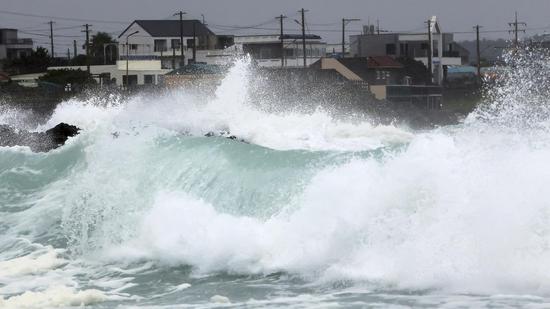


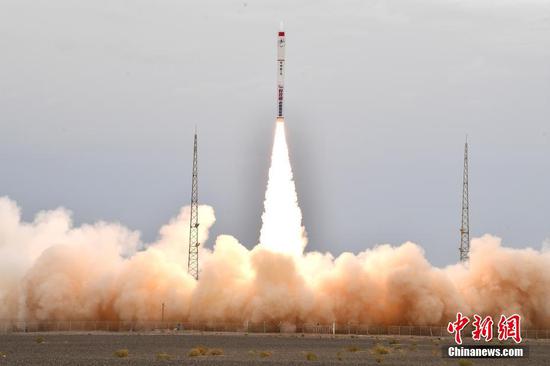

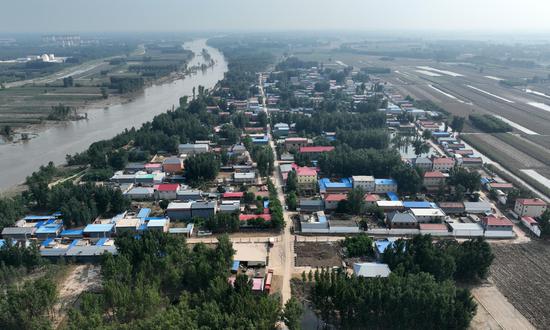





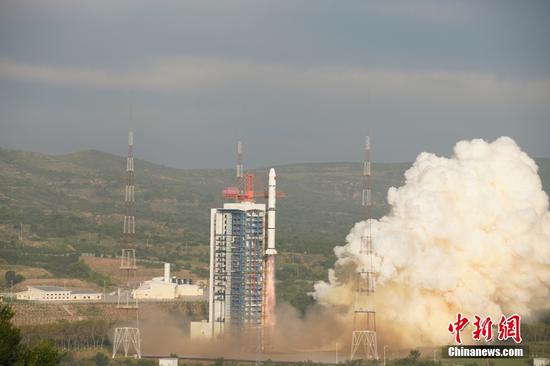












 京公网安备 11010202009201号
京公网安备 11010202009201号